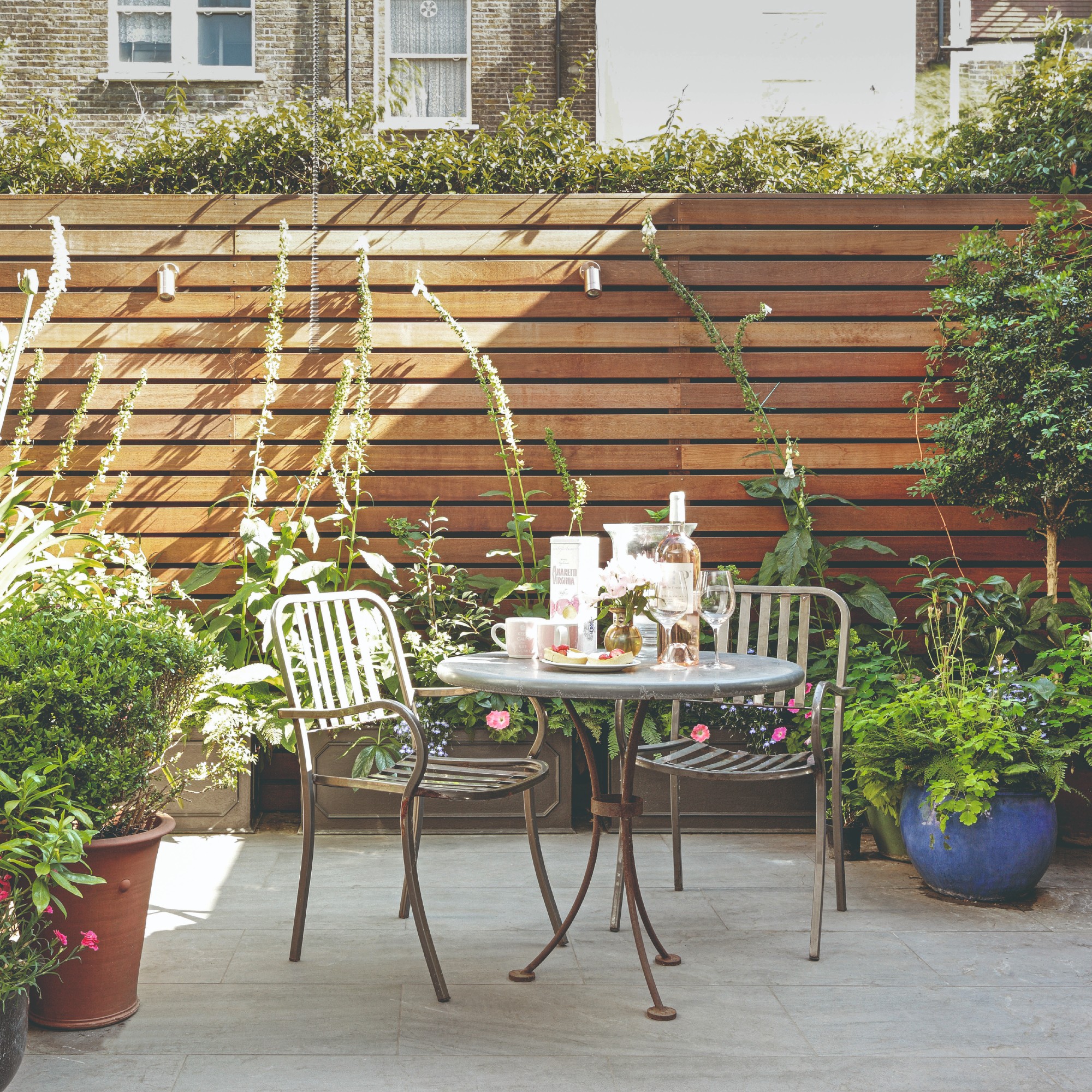
As the evenings stretch on in the summer months and more of us are spending time outside dining al fresco, hosting friends and family, or simply enjoying the last of the sun’s rays, you might have made, or are thinking about making, your outdoor space your very own evening retreat.
Whether you have a spacious garden or spend more time out on your balcony or patio, one way to elevate the space is by adding some night-scented plants. That's right, these plants and flowers hold a magic power that means they are most fragrant at night. When planning how to create a fragrant garden including some night-scented plants is a must to keep your garden smelling gorgeous when you're spending a few hours in it after work in the evening.
To help you choose the best options we've asked the experts to share their favourites and the ones which give off the most powerful aromas.
1. Honeysuckle
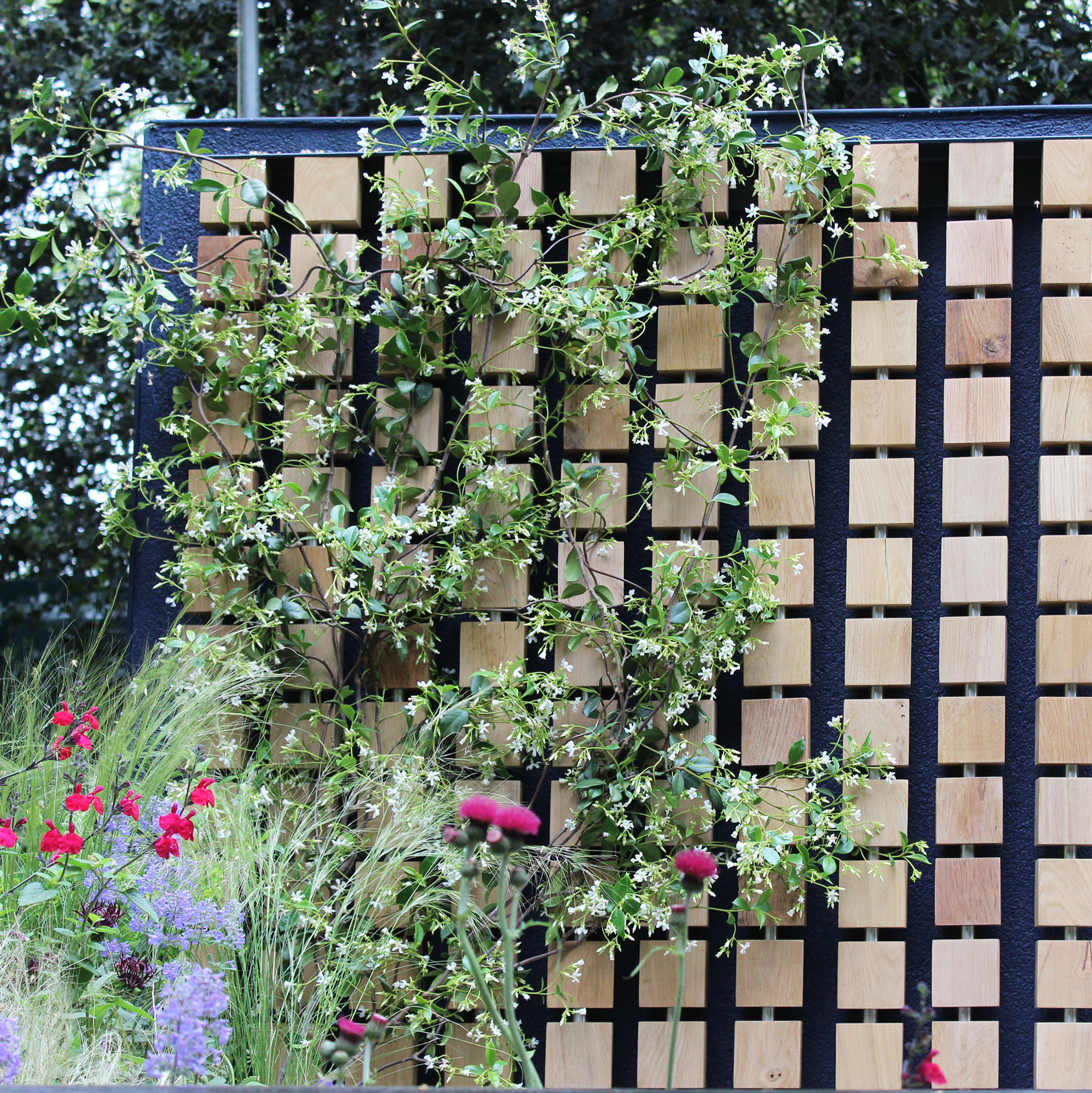
The experts all agree that one of the best night-scented plants has got to be honeysuckle. Routinely used in perfumes and scented candles, ‘the plant's scent is a mix of jasmine infused with vanilla and can be smelt from a mile away,’ says Gardenstone’s Director, John Clifford. Plus, as ‘honeysuckle smells like nectar, both humans and pollinators love it,’ Jane Dobbs, Garden Department Lead at Allan’s Gardeners, adds, thus making it a great addition to your garden if you’re looking to attract more wildlife.
'Honeysuckle should be pruned after flowering in spring or early summer, unless it is very overgrown and then it can be trimmed back accordingly,’ to keep them looking and smelling their very best, John continues.
Where to buy honeysuckle online:
2. Night phlox
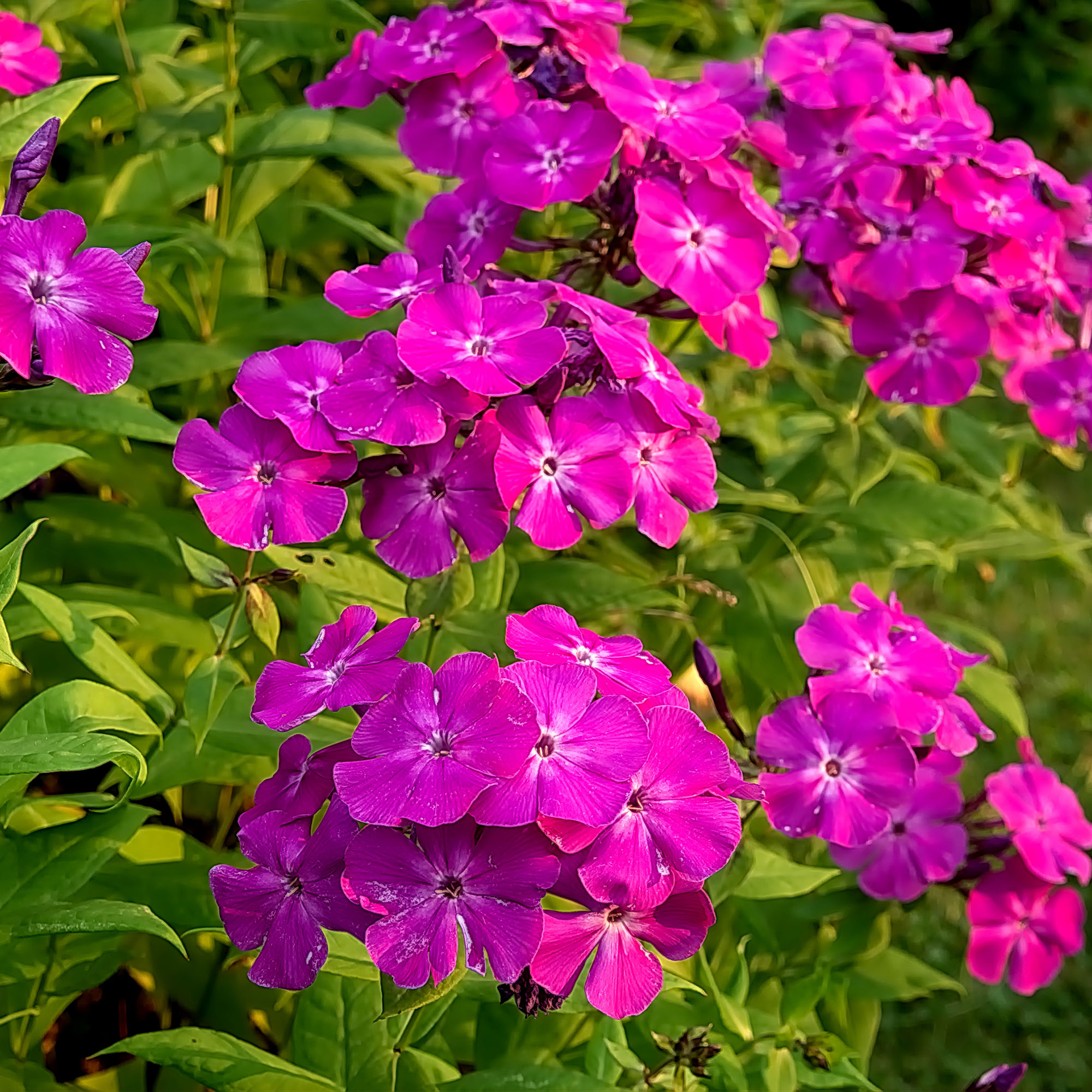
‘Night Phlox, also known as Midnight Candy, is a small, aromatic plant,’ Jane admits, making it a great option for window boxes, hanging baskets and flower beds.
‘During the day, the flowers remain tightly curled up in red buds, and in the evening they open up into star-shaped white flowers,’ explains Garden Designer Sarah Mayfield. And when they do open, the evergreen perennial produces a beautiful sweet almond-vanilla scent. If you’re thinking of adding some to your garden, ‘it grows best in full sun to partial shade and well-drained soil,’ Jane continues.
Where to buy phlox:
3. Dianthus
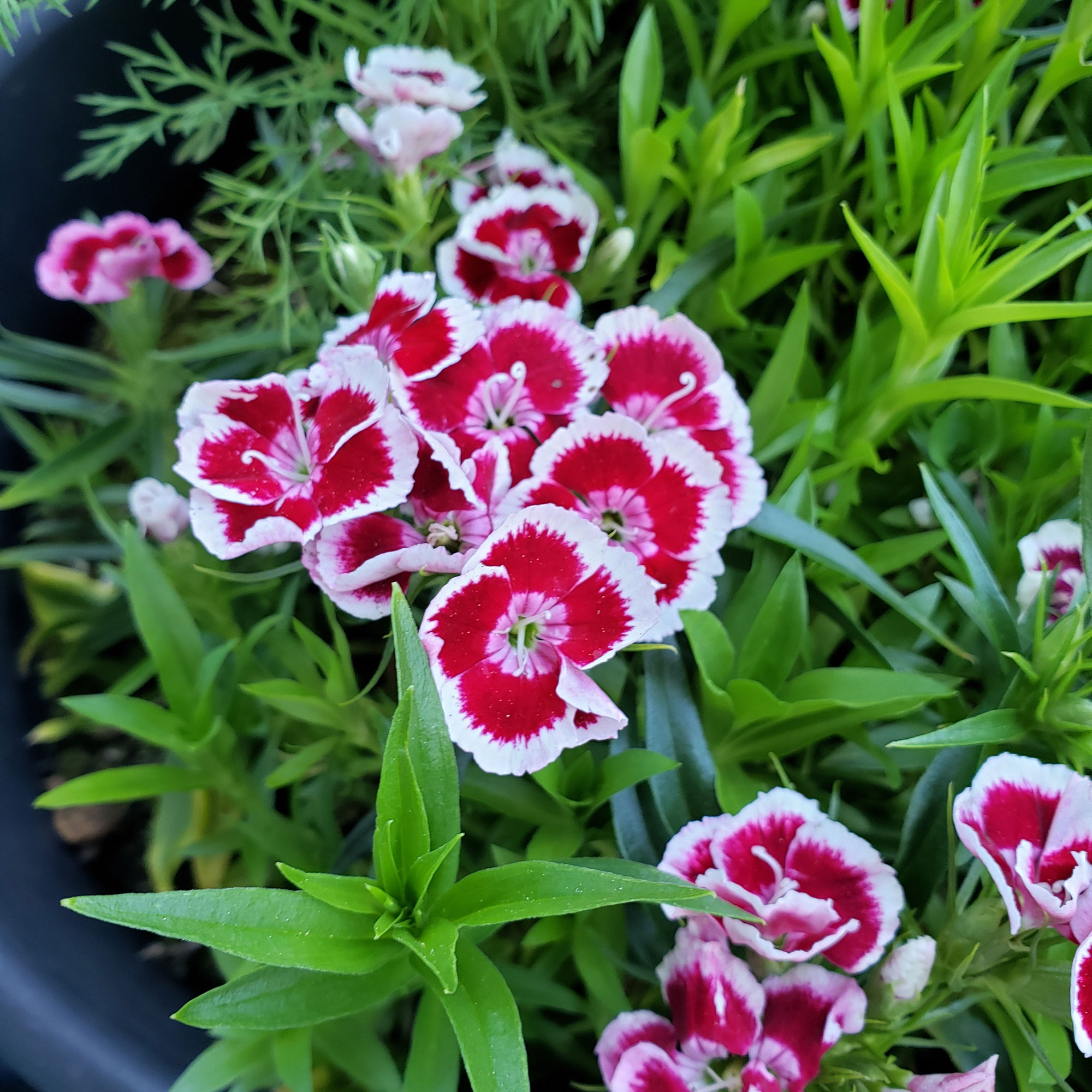
If you prefer a spicy aroma to a sweet one, ‘the clove scent of the dianthus lasts well into the night,’ declares Morris Hankinson, Director of Hopes Grove Nurseries. ‘To keep your Dianthus tidy and healthy, you can cut it back in the autumn so that it encourages growth,’ he adds. Just ‘ensure it’s positioned in full sun and plant in well-drained soil.’
Where to buy dianthus:
4. Angel’s trumpet
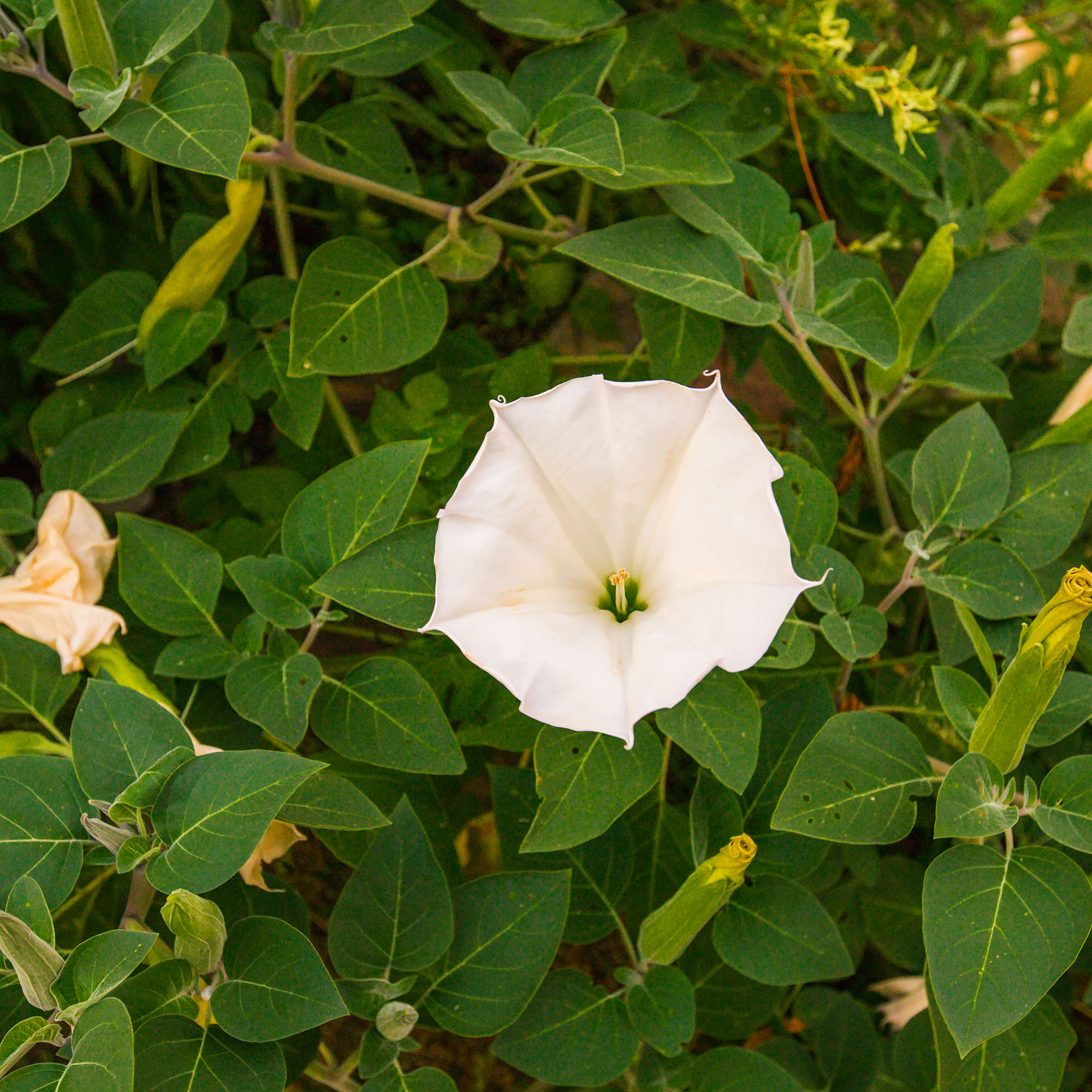
‘Angel’s trumpet is one of the seven species of Brugmansia and is known for being the most fragrant of the species,’ John explains. Known for its trumpet-shaped flowers, it provides a sweet and heavy scent that is most noticeable on warm summer evenings.
Where to buy Angel's Trumpet:
5. Tobacco plant
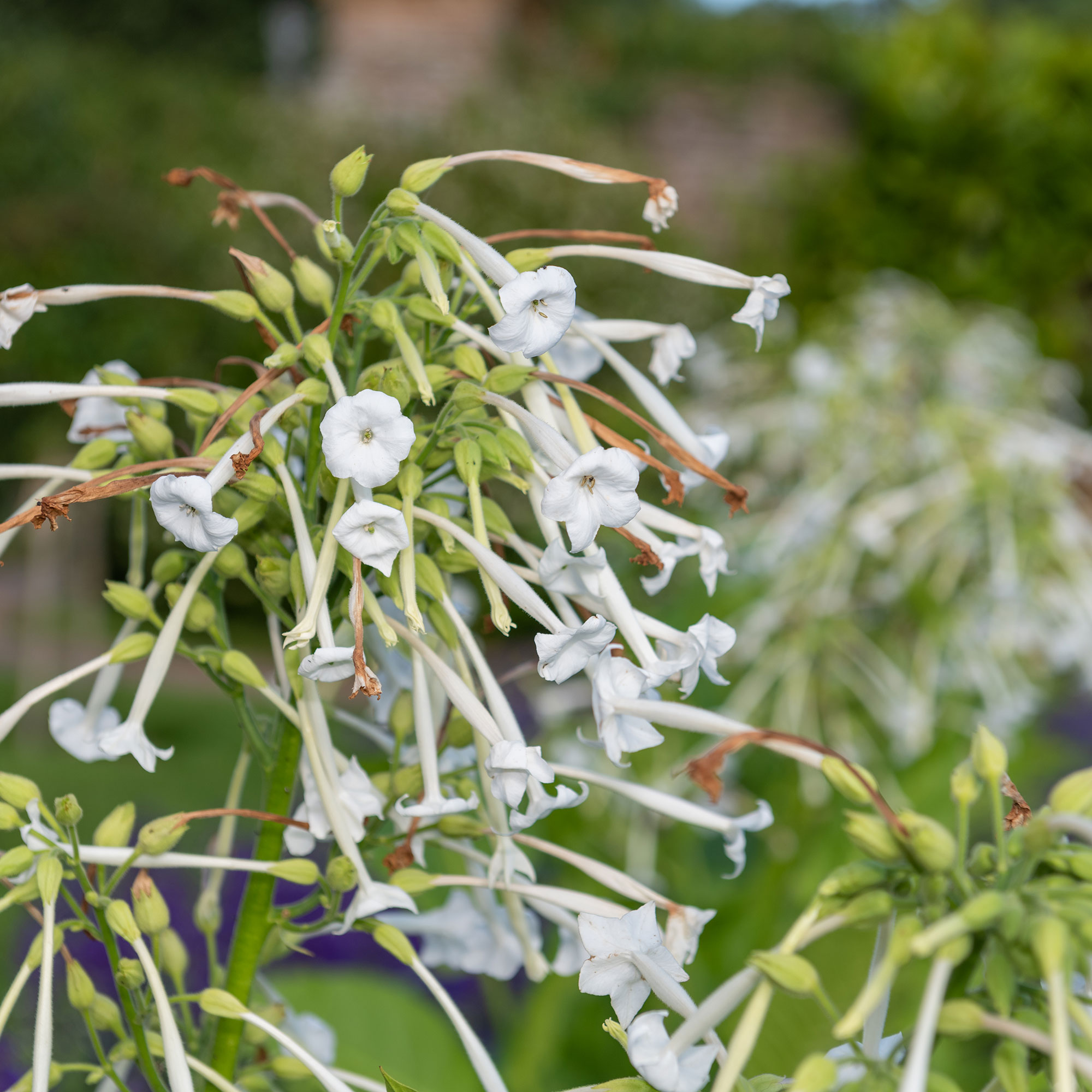
Now, you might not expect something called a tobacco plant, or the nicotiana sylvestris, to produce a pleasant fragrance but it doesn’t smell too similar to its namesake.
Their ‘flowers are long and tubular, coming in shades of pink, white, purple or yellow,’ MyJobQuote.co.uk’s Gardening Expert, Fiona Jenkins details. And when ‘they open in the evening and at night, they release an incense-type scent.’
Where to buy tobacco plant
6. Star jasmine
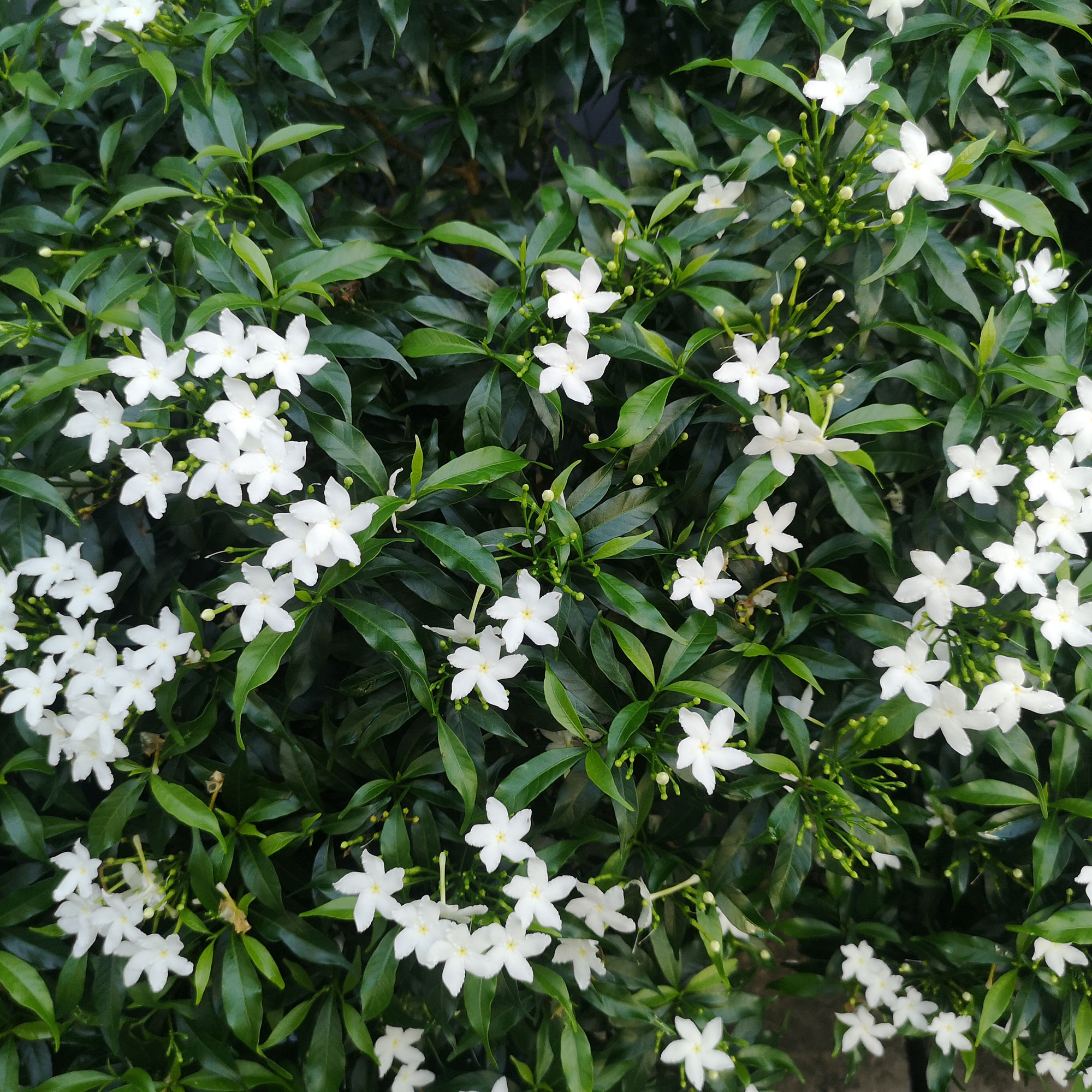
‘Trachelospermum, commonly referred to as Star Jasmine, produces masses of scented star-like small flowers in mid to late summer,’ Morris outlines. The scent is particularly prominent in the evening.
As it’s ‘an evergreen climber which can reach more than 10 metres in height, it’s ideal for the side of your house or a sturdy pergola. It does need shelter from cold winds and also requires well-drained, fertile soil with a full sun or partial shade position in the garden,’ Fiona notes.
Where to buy star jasmine:
7. Night scented stock
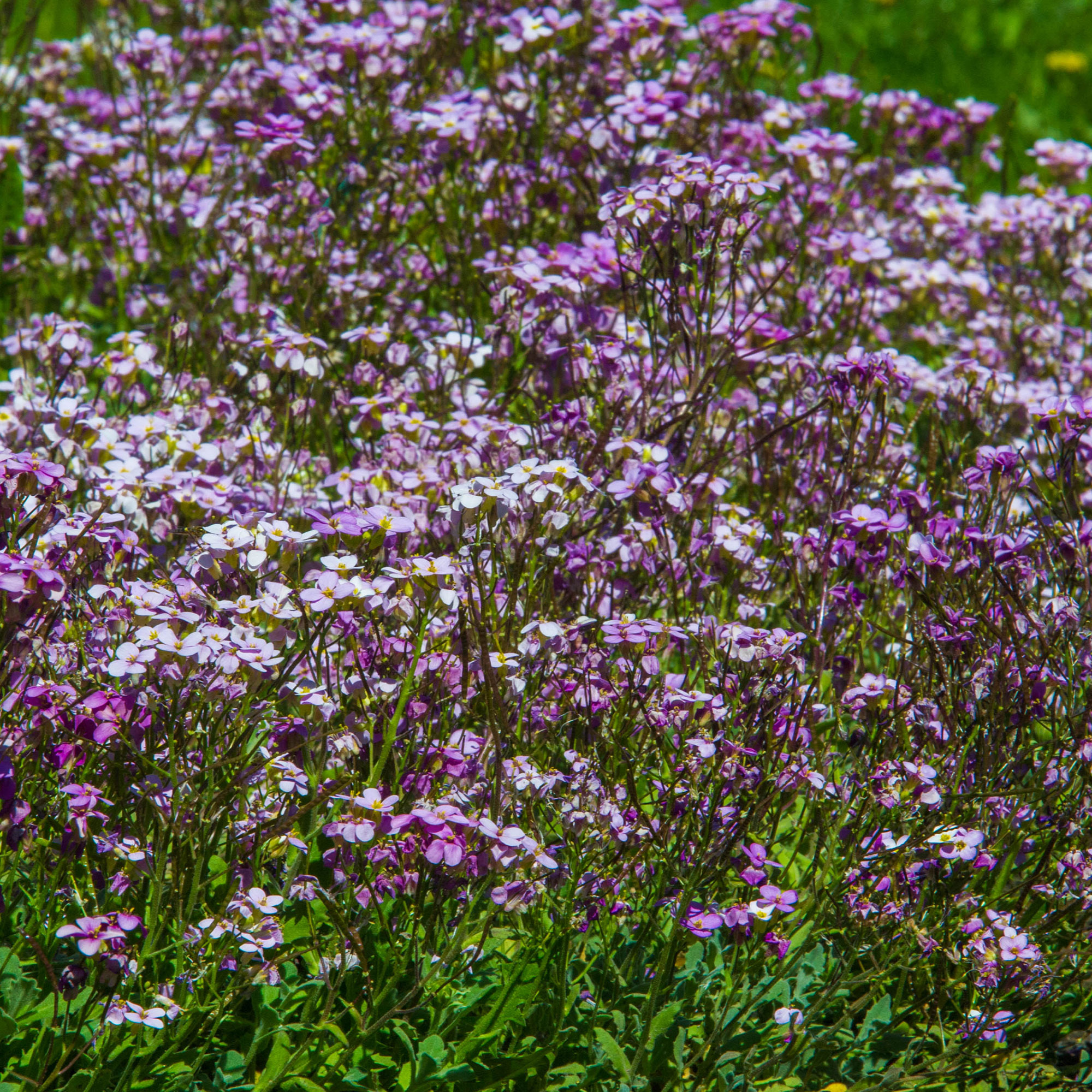
‘Night-scented Stock is one of the most fragrant plants for your evening retreat,’ Morris admits, ‘with its gorgeous flowers opening up in the evenings to produce a sweet and spicy scent.’ It’s also a particularly low maintenance plant, which just ‘requires moist but well-drained soil and a full sun position, south or west facing,’ Fiona admits.
Where to buy night-scented stock:
- Suttons
- Thompson & Morgan
- Stocks and Green (seeds)
8. Sweet rocket
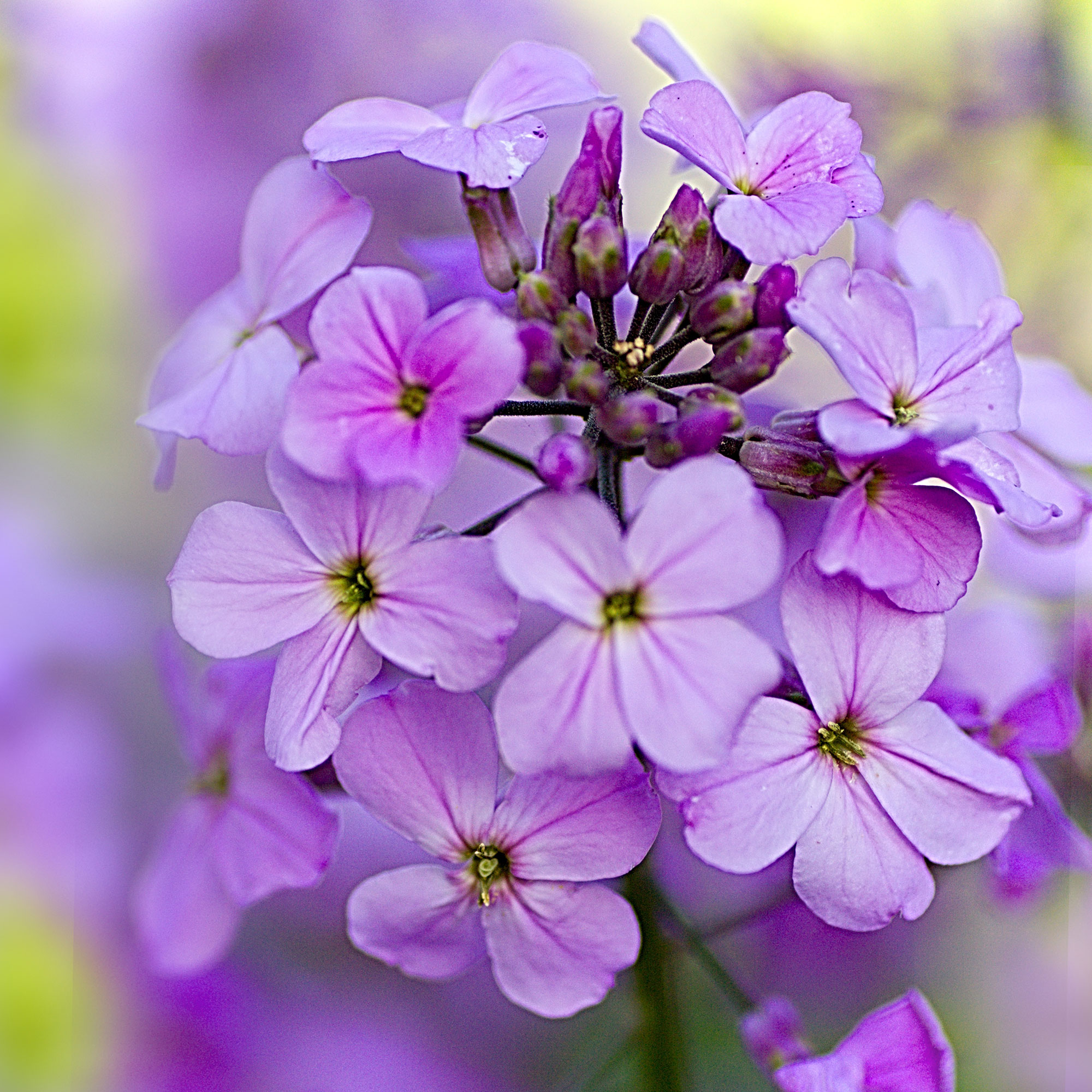
Hesperis matronalis, which is also referred to as sweet rocket or Dame’s Rocket, ‘provides a sweet violet scent that is most noticeable in the evening,’ John explains.
They are best planted in garden borders, preferably in a sunny or partially shaded location, making them a great pick for outlining the outdoor seating area where you spend your time relaxing in the evening.
9. Lilies
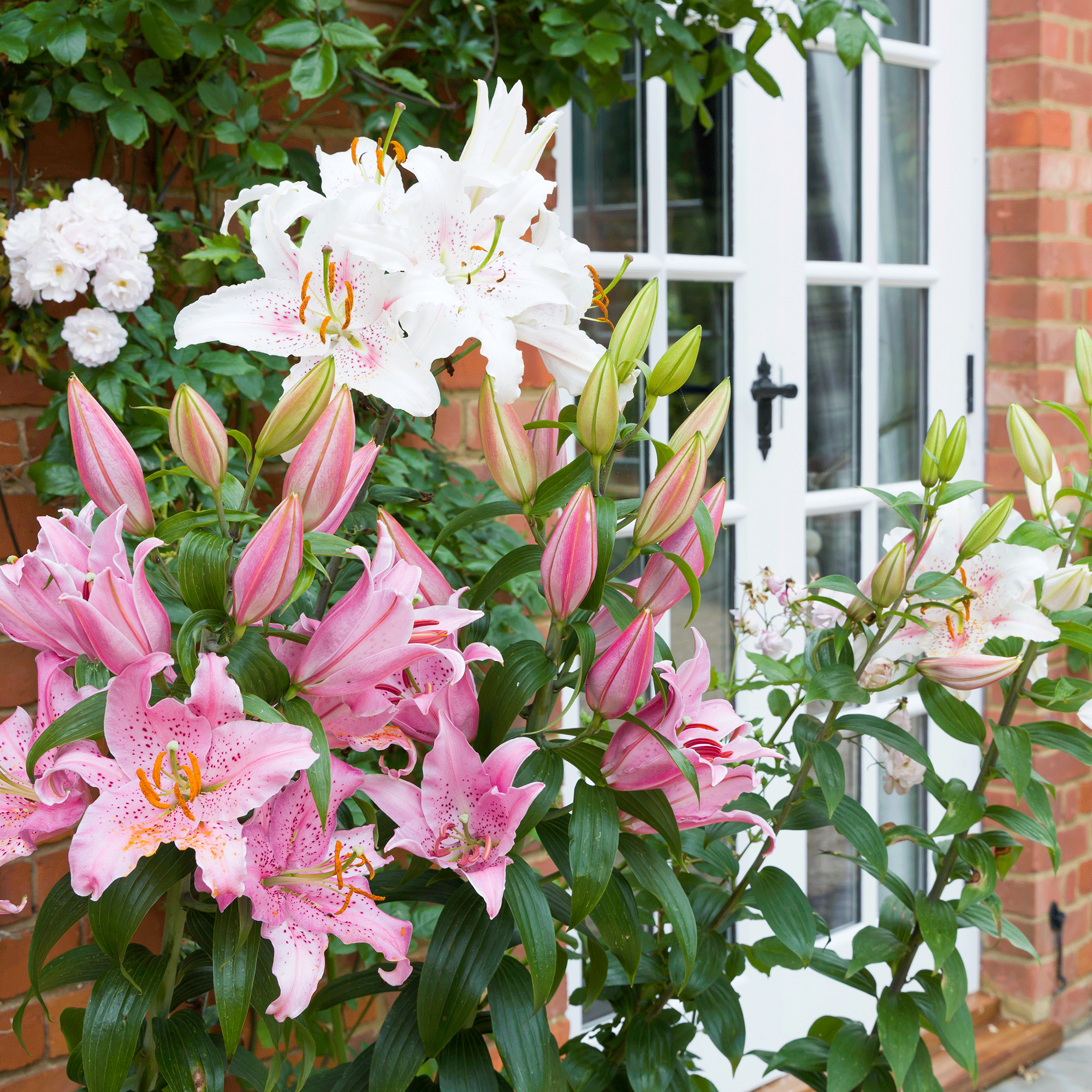
Whether you love or hate the smell of lilies, ‘either way, many varieties of Lilies smell stronger in the evenings as this is when they attract night pollinators such as moths,’ Morris reveals.
‘Lilies can be positioned in sun or partial shade and need well-drained, fertile soil to thrive,’ but you can plant them anytime from around late-autumn to early-spring.
10. Gardenia
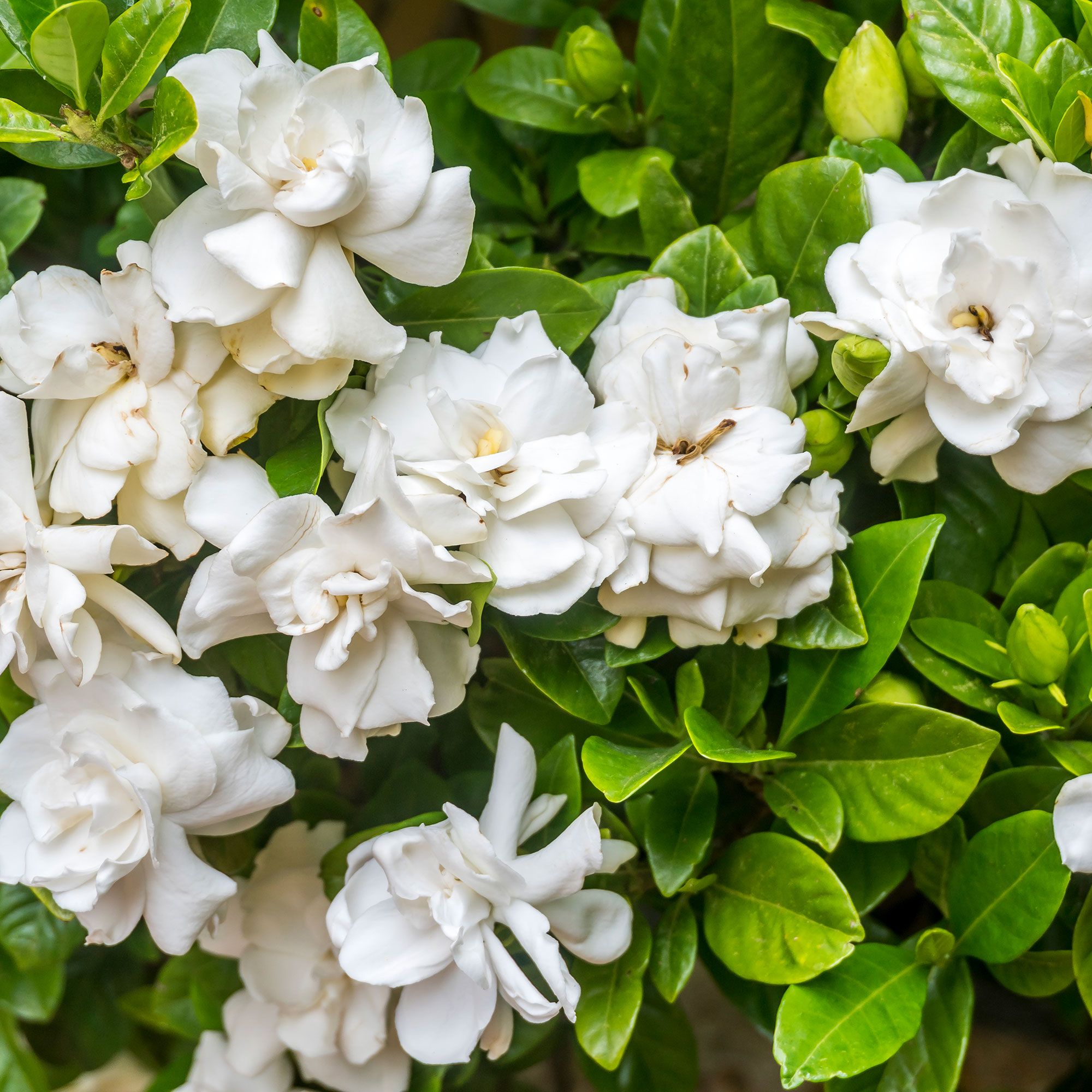
Another plant which attracts night pollinators, making it even more fragrant in the evening, is gardenia. And it makes a fantastic addition to any garden if you love a fruity, floral scent. You can plant your Gardenia in late-spring or early-summer, ensuring you position it in a warm but sheltered spot.
11. Wisteria floribunda
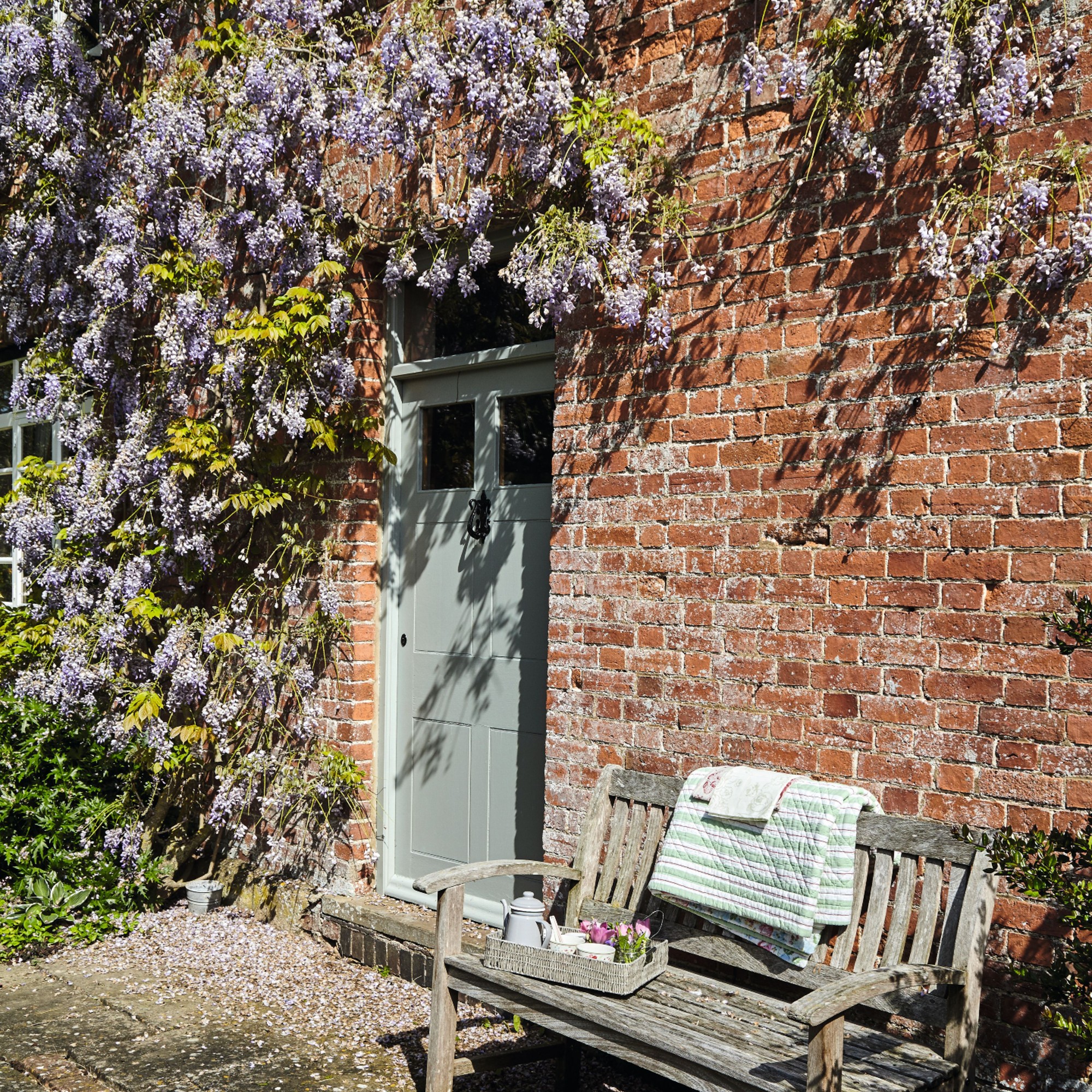
‘A hugely popular plant, wisteria floribunda, delivers on so many fronts,’ according to Fiona. ‘It forms a beautiful display of blooms which typically drape over a pergola or engulf a house wall in masses of flowers and twisting stems. It also provides a wonderful evening scent which drifts into your home through open windows and wafts across your garden.’
Depending on your taste and preference, there are a number of different colours to choose from, such as white, pink, lilac-blue or dark purple. ‘Different types of Wisteria will have different scents but most are either sweet or musky,’ Morris confirms.
12. Evening primrose
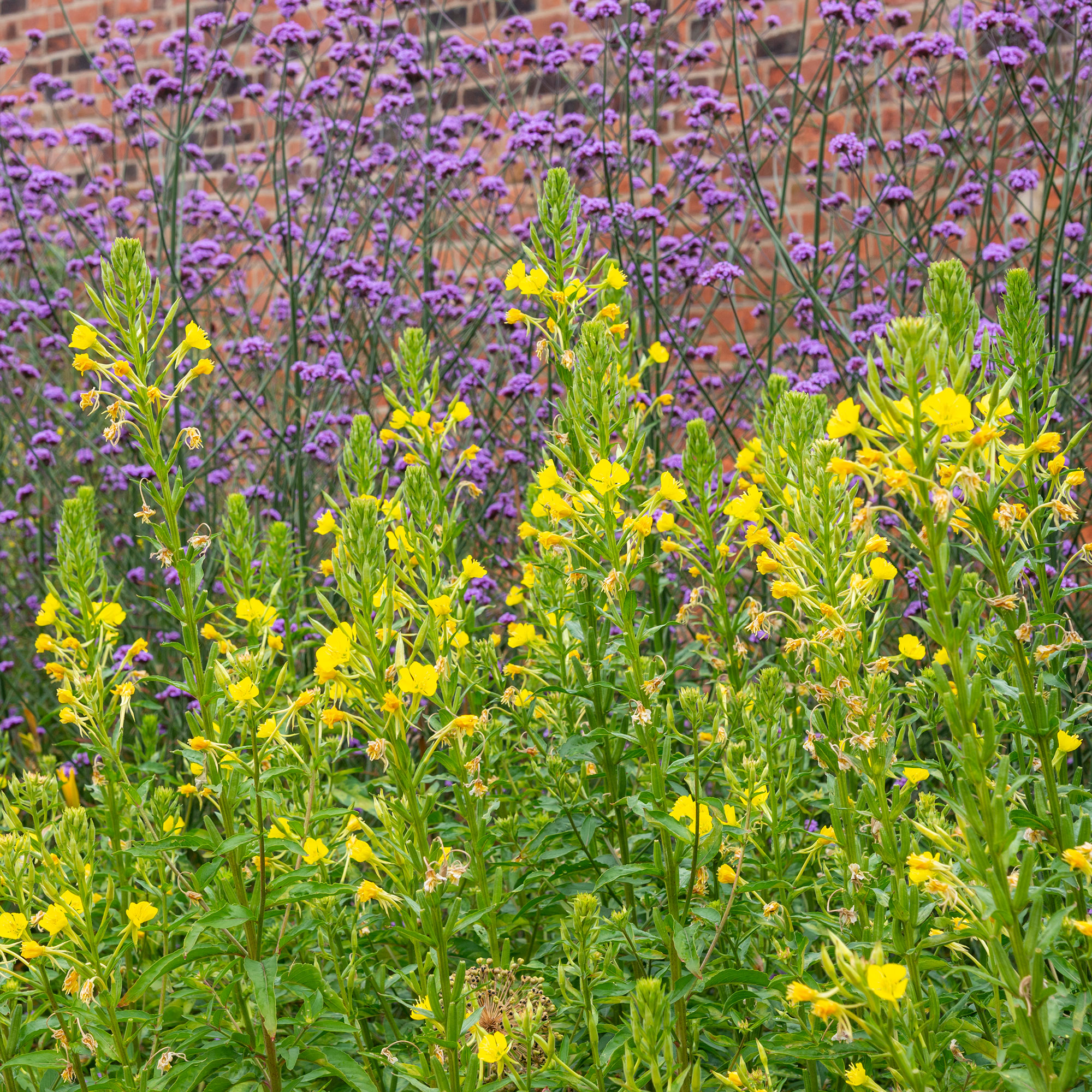
Another one where the name does give you a bit of an indicator, evening primrose also attracts nocturnal pollinators by releasing its scent at night. With bright flowers, ‘it provides a gentle fragrance as dusk falls, with a sweet and lemony scent,’ Jane says. And ‘depending on the variety, it can be perennial, biennial or annual and the flowers may be yellow, white or pink, blooming for long periods during the summer,’ Fiona continues.
FAQs
How to make plants more fragrant?
While there are plenty of brilliant night-scented plants, having a mixture of too many in one area of your garden can have them competing with one another. So, it might be a better idea to plant certain ones on their own or with similarly scented blooms to stop their beautiful aromas from all mixing together, thus making them smell more fragrant.
You’ll also want to avoid using pesticides or chemical fertilisers as, aside from being harmful to native wildlife and the environment, they can also carry a strong scent that overpowers the natural fragrance of your plants.
Where should fragrant plants be positioned in a garden?
Believe it or not, where you position your plants will actually affect their fragrance. ‘Make sure to plant them near seating areas and back doors to fully enjoy their scent, while warm spots also help to increase scent,’ Sarah affirms.
You’ll also want to ‘place your fragranced plants in shaded positions to avoid wind, to help maximise their scent in the evening,’ John adds. ‘You can shelter plants by placing them behind hedgerows and garden walls. In addition, it can be helpful to place your plants on low levels below your nose to make the most of their scent.’
Add a couple of these plants to you garden and soak up their scents as you relax in your garden in the evening with a glass of wine.







